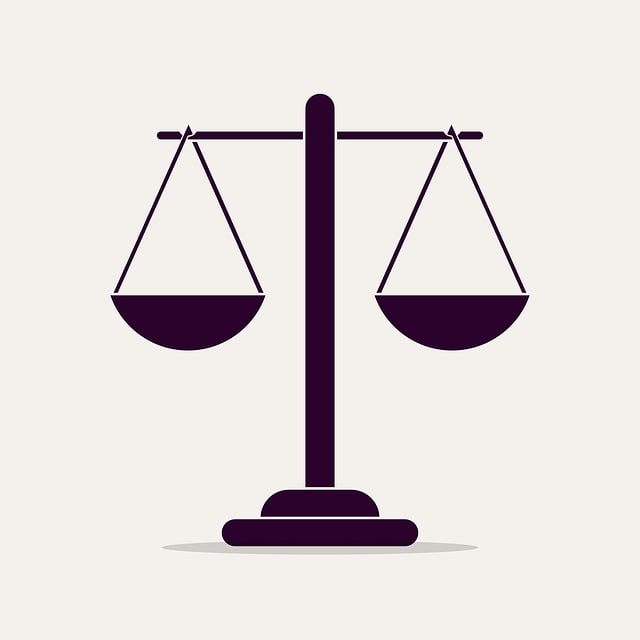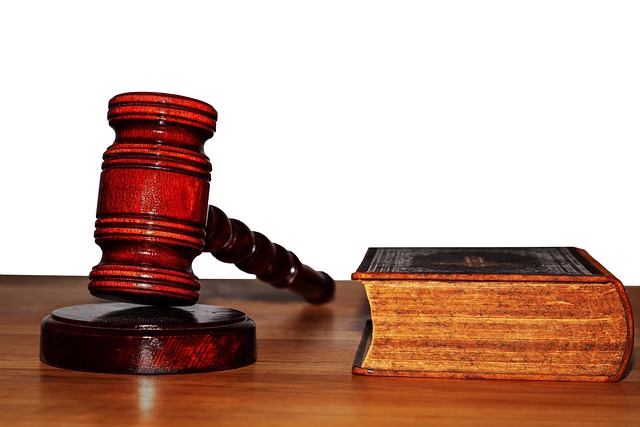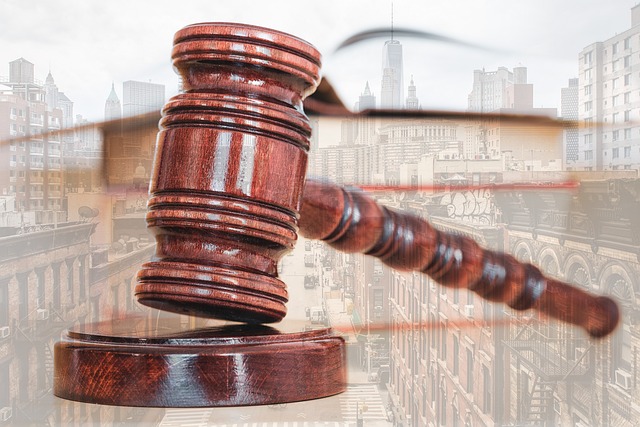The Role of Defense Counsel in Criminal Procedure is essential for individuals and businesses facing RF Regulatory Agency investigations, which can lead to severe legal consequences. These attorneys specialize in interpreting complex regulations, guiding clients through trials, and mounting robust defenses against RF-related charges. Early engagement with defense counsel is crucial for effective strategies, ensuring fair treatment and compliance with evolving technologies and regulatory environments. Skilled defense lawyers interpret technical data, anticipate regulatory actions, and advocate aggressively for their clients, aiming for the best possible outcome.
“Uncover the intricate world of RF Regulatory Agency Investigations with our comprehensive guide. This article provides a detailed look at the legal framework governing these inquiries, especially highlighting the pivotal role of defense counsel in criminal procedure.
From understanding the investigation process to implementing best practices for client defense, we explore strategies for effective navigation. Get insights into compliance measures and the crucial actions defense attorneys should take when representing clients during RF investigations.”
- Understanding RF Regulatory Agency Investigations: A Comprehensive Overview
- The Legal Framework: Defense Counsel's Role in Criminal Procedure
- Navigating the Investigation Process: From Compliance to Legal Representation
- Best Practices for Defense Counsel: Strategies for Effective Client Defense
Understanding RF Regulatory Agency Investigations: A Comprehensive Overview

RF Regulatory Agency Investigations play a pivotal role in ensuring compliance with radio frequency (RF) standards and regulations. These agencies have the mandate to oversee and enforce laws related to RF emissions, devices, and their safe integration into our daily lives. When a potential violation is identified, these investigations can lead to significant consequences for businesses and individuals alike, including possible indictments and legal repercussions.
Defense counsel in criminal procedure are instrumental in guiding clients through these complex processes. Their expertise in interpreting regulatory guidelines and navigating the legal system helps in mounting effective defenses against RF-related charges. For businesses operating within this landscape, having a comprehensive understanding of their rights and obligations is crucial to avoiding indictment and ensuring compliance with the respective business regulations. A general criminal defense strategy can provide safeguards against arbitrary enforcement, especially when dealing with evolving technologies and ever-changing regulatory environments.
The Legal Framework: Defense Counsel's Role in Criminal Procedure

In RF Regulatory Agency investigations, particularly during criminal procedures, the role of defense counsel is pivotal. They act as a shield for individuals facing potential high-stakes cases, ensuring fair treatment under the law. Defense counsel play a crucial part in navigating complex legal landscapes, where their expertise guides clients through jury trials and other critical proceedings.
These attorneys are instrumental in securing a complete dismissal of all charges, often through meticulous investigation, challenging evidence, and employing strategic defenses. Their presence not only safeguards individual rights but also maintains the integrity of the justice system, ensuring that every person accused receives a robust defense.
Navigating the Investigation Process: From Compliance to Legal Representation

Navigating the Investigation process requires a strategic approach, especially when facing potential RF Regulatory Agency inquiries. Companies and individuals must understand that early engagement with legal counsel is crucial for their defense strategy. The role of defense counsel in criminal procedure becomes increasingly vital as investigations progress. They provide expert guidance on regulatory compliance issues, helping to interpret complex rules and ensure proper procedures are followed throughout the process.
Having a seasoned general criminal defense attorney by your side offers several advantages. Counsel can protect his clients’ rights, ensuring they remain confident and informed during this challenging period. Their expertise in navigating jury trials, an often-conclusive step in regulatory matters, is invaluable. By employing strategic legal arguments, defense counsel can challenge evidence, expose procedural errors, and ultimately advocate for the best possible outcome for their clients.
Best Practices for Defense Counsel: Strategies for Effective Client Defense

In RF Regulatory Agency investigations, the role of defense counsel is pivotal in navigating complex criminal procedures. Best practices for defense counsel involve strategic preparation and aggressive representation to ensure a fair process for their clients. Achieving extraordinary results requires a deep understanding of both the legal framework and the specific regulations at play across the country. Counsel must be adept at interpreting technical data, presenting compelling arguments, and countering allegations with strong evidence.
A key strategy is to foster open communication with clients, thoroughly reviewing case details, and identifying potential defenses early on. By staying proactive, defense counsel can anticipate regulatory agency moves, gather relevant documentation, and develop robust legal theories. This approach not only strengthens the client’s position but also showcases the counsel’s expertise in their respective business. Effective representation involves meticulous attention to detail, ensuring every legal avenue is explored, and ultimately, advocating for the best possible outcome.
RF Regulatory Agency investigations demand a deep understanding of both the legal framework and the unique process involved. As these inquiries can significantly impact individuals and businesses, the role of defense counsel in criminal procedure becomes paramount. By navigating the investigation process adeptly and employing effective strategies, legal professionals can ensure their clients’ rights are protected throughout. This comprehensive overview highlights best practices for defense counsel, emphasizing their crucial role in mitigating risks and achieving favorable outcomes in RF regulatory cases.






